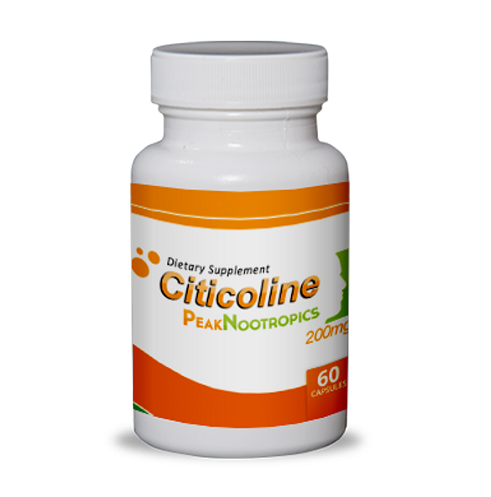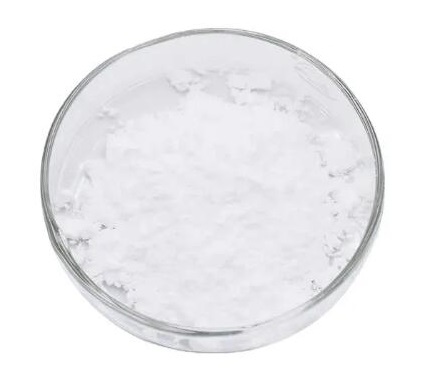Preparation of Cytidine 5'-Diphosphocholine
What is Cytidine 5'-Diphosphocholine?
Cytidine 5'-Diphosphocholine (Citicoline, CDP-choline) is a mononucleotide composed of ribose, cytosine, pyrophosphate and choline, and is a naturally occurring endogenous compound. CDP-choline is an important intermediate in the synthesis of cell membrane structural phospholipids. Studies have shown that CDP-choline can activate the biosynthesis of neuronal membrane structural phospholipids, increase brain metabolism, and act on the levels of different neurotransmitters. It can increase the levels of norepinephrine and dopamine in the central nervous system. In addition, CDP-choline has a neuroprotective effect under hypoxic-ischemic conditions and can also improve the learning and memory ability of brain aging animal models. Oral citicoline can effectively treat symptoms such as Alzheimer's disease, dementia caused by multiple infarctions, traumatic brain injury, cerebrovascular accident, Parkinson's disease and tardive dyskinesia.
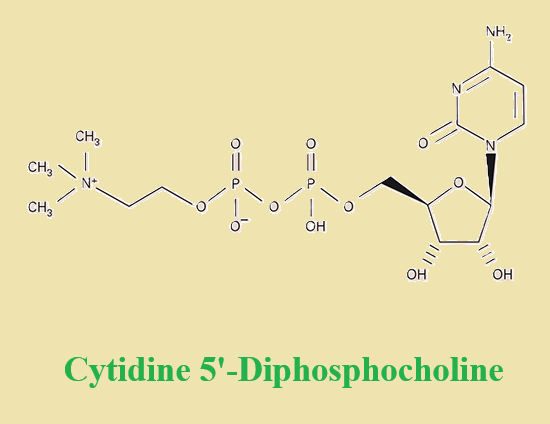
Preparation of CDP-choline
In industry, CDP-choline is synthesized by a two-step cell culture/permeabilized cell bioconversion method. Since the substrate cannot effectively penetrate into intact cells, a novel one-step live cell fermentation method was developed to produce CDP-choline. CDP-choline was produced by fermentation in live cells using P. pastoris as a substrate. The biosynthesis of CDP-choline was greatly improved by improving the transport and conversion of choline substrates. The biosynthesis of CDP-choline was further improved by stimulating citrate or changing metabolic pathways to control energy metabolism. Orthogonal optimization of key substrates and culture conditions ultimately increased the yield of CDP-choline to 6.0 g/L.
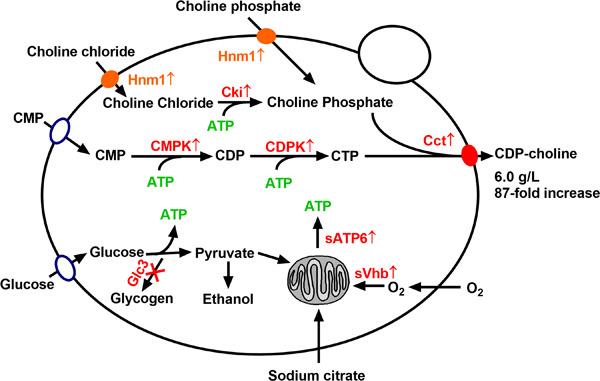
However, the titers and molar yields obtained by the above methods were low. To this end, the researchers developed a high-yielding strain through a metabolic engineering strategy to improve the molar yield. The selectable marker previously integrated into the host cell was recovered to facilitate genetic modification, which resulted in an increase in the CDP-choline titer and CMP molar yield of the strain. Knocking out 5′-NT or CDA in the CMP sedimentation pathway but not APY in the CTP sedimentation pathway further increased the titer of CDP-choline and the molar yield of CMP. However, overexpression of seven enzymes in the CTP synthesis pathway did not show a positive effect. Finally, the levels of CMP and phosphorylcholine in the optimized recombinant strain were optimized to achieve a high concentration of CDP-choline of approximately 30 g/L, which is a 400% increase compared to previous work. In addition, the molar yield of CMP from CDP-choline increased from 40% to 84.7%. The titers and molar yields are comparable to those reported for bioconversion methods based on permeabilized or lysed cells.
References:
[1] YANNA REN. Engineering substrate and energy metabolism for living cell production of cytidine-5′-diphosphocholine[J]. Biotechnology and Bioengineering, 2020, 117 5: i-iii, 1253-1602. DOI:10.1002/bit.27291.[2] YANNA REN . High-level living cell production of cytidine-5′-diphosphocholine in metabolically engineered yeast[J]. Journal of biotechnology, 2021, 341: 1-174. DOI:10.1016/j.jbiotec.2021.08.013.
You may like
Related articles And Qustion
See also
Lastest Price from Cytidine 5'-Diphosphocholine manufacturers
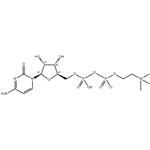
US $0.00-0.00/Kg2025-10-24
- CAS:
- 987-78-0
- Min. Order:
- 1Kg
- Purity:
- 98%
- Supply Ability:
- 20Ton

US $0.00/kg2025-08-29
- CAS:
- 987-78-0
- Min. Order:
- 1kg
- Purity:
- 99%min
- Supply Ability:
- 20tons

